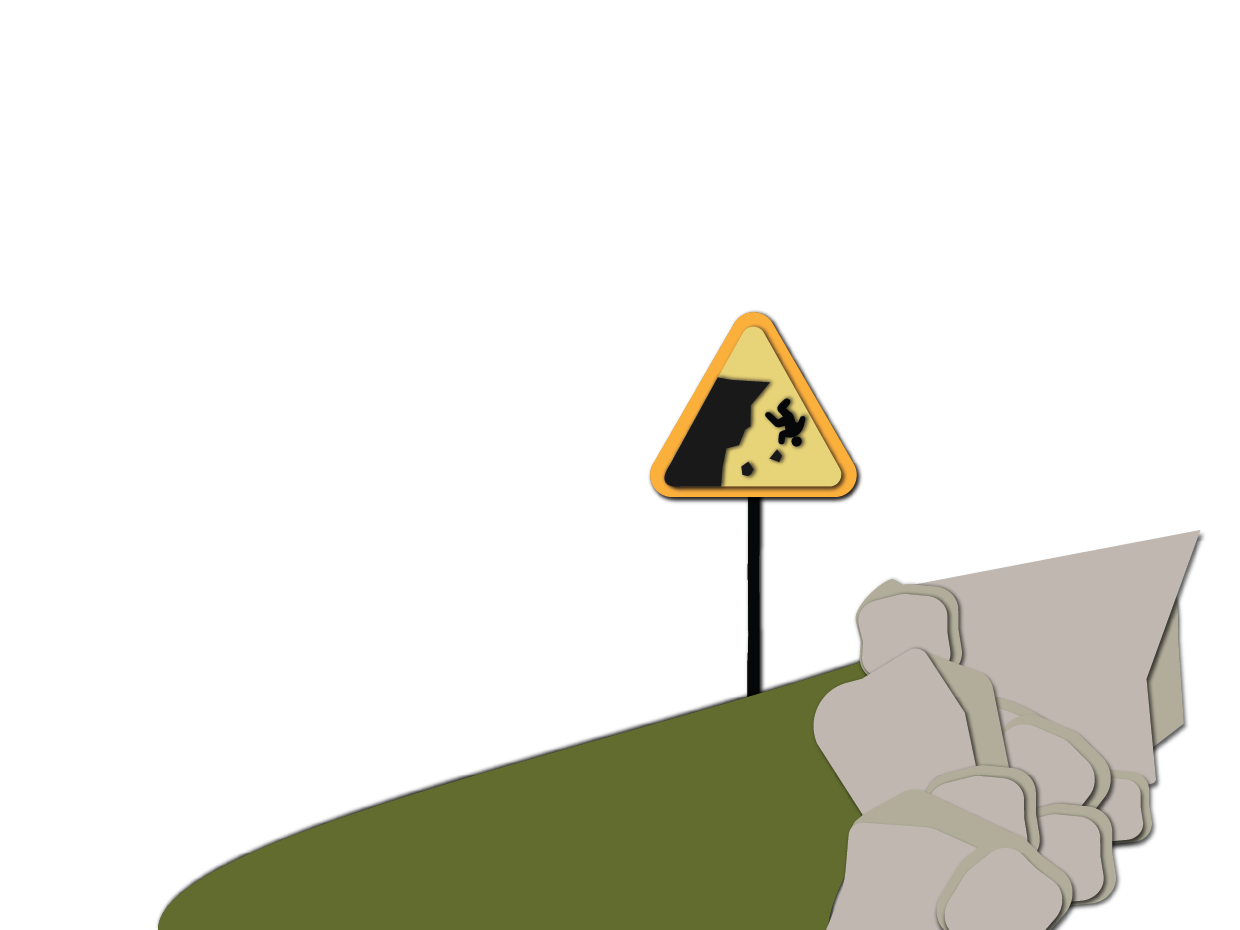Imagine a loved one is in trouble or hurt. You get a call asking for urgent help. You’d likely want to act right away because you care about them. Exploiting family ties is the driving force behind grandparent scams — or emergency scams.
On this page you’ll find
What does a grandparent scam, or emergency scam, look like?
In grandparent scams, the scammer will pretend to be your grandchild. But emergency scams can also include scammers pretending to be a friend of a family member, a law enforcement official, or another family member, such as a niece or nephew, who needs help.
Be on alert if someone contacts you saying they’re a relation and they need money immediately (or they may ask for gift cards or cryptocurrency like bitcoin).
Scammers may say they urgently need cash from you because they are:
- Under arrest and need bail money to avoid jail time.
- Stuck in a foreign country and need money to get home
- In an accident or sick with COVID, and need money for medical bills
With grandparent scams, the scammer may plead with you to not call their parents. They might say they don’t want their mum to worry or to be angry because they have screwed up again. This request for secrecy unfortunately means the grandparent doesn’t know they have been a victim of a scam until it’s too late and they have already sent the money.
A true tale of a grandparent scam
A grandparent from Mississauga fell victim to an emergency scam. It began with a telephone call from someone who said he was his grandson. The “grandson” told the 75-year-old that he was in trouble with the police. He said his grandfather needed to talk to the police officer he was with. Another male voice came on the phone and said the grandson needed $10,000 for bail.
The grandfather was told a woman would come to his house to pick up the bail money. A short time later, a woman arrived at this house to pick up the money.
It wasn’t until the grandfather was watching TV a few days later, that he realized he’d been scammed. A news story about grandparent scams included the photo of the woman he gave money. The grandfather went to Peel Regional Police to report what had happened to him.
The more you know about scams, the safer you are. Knowing how a scammer may approach you can help you identify con artists before you become a victim.
How to avoid being a victim of grandparent or emergency scams
While you may want to help a family member in crisis, it’s important to be vigilant.
6 tips to avoid being a victim of an emergency or grandparent scam:
1. Be suspicious if anyone contacts you with an urgent request for money. Remember scammers can find your phone number.
2. Do not be afraid to say no and hang up the phone.
3. Do not provide extra information to fill in the blanks for a potential scammer. For example, if someone calls and says they’re your grandchild and you say you don’t have a grandchild but you have a nephew Jason. A scammer may pick up on that clue and say they are calling on behalf of Jason.
4. Do not send money through the mail or agree to have someone come to your house to pick up money. Do not provide your home address over the phone to a caller if you cannot confirm their identity.
5. Verify with another family member the details of any urgent request. Hang up the phone and contact that relative or friend using a phone number or email that you already have.
6. If you get a call from someone who says they are a police office or lawyer, they would never ask for money or valuables.
Visit the Canadian Anti-Fraud Centre for the latest details on current frauds and scams.
Do you know who is calling? New generative artificial intelligence (AI) can be used to imitate anyone’s voice or face. Learn to protect yourself from scams that use AI clones.
